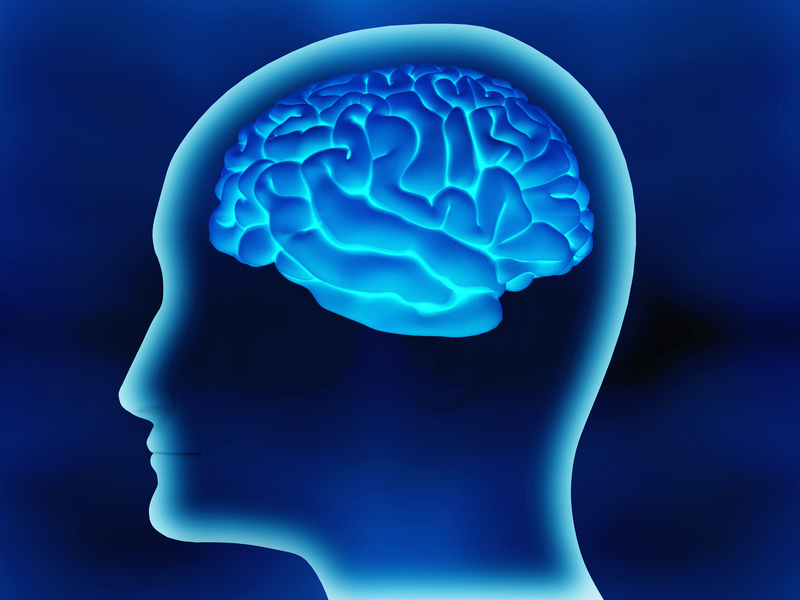 As I repeatedly tell clients, brain injuries often go undiagnosed following car wrecks or other accidents because doctors don’t usually know you well enough to make a pre-injury and post-injury comparison of your intelligence, emotional well-being, and general personality. As a result, it’s often up to you or your family members to notice the symptoms of a brain injury and convey those to medical providers so you get the best care possible. But to do that, you need to know the symptoms of brain injuries. This series is designed to help you do that.
As I repeatedly tell clients, brain injuries often go undiagnosed following car wrecks or other accidents because doctors don’t usually know you well enough to make a pre-injury and post-injury comparison of your intelligence, emotional well-being, and general personality. As a result, it’s often up to you or your family members to notice the symptoms of a brain injury and convey those to medical providers so you get the best care possible. But to do that, you need to know the symptoms of brain injuries. This series is designed to help you do that.
There are a number of neurological symptoms of brain injuries that, though sometimes rare, can be extremely traumatic for the injured person. The most common neurological injuries are as follows:
Fatigue. Fatigue is a very common symptom of people with brain injuries. Some studies have found that up to 73% of persons with head injuries suffer from fatigue after the injury. Unfortunately, many of the other symptoms of brain injuries, such as depression, also have a component of fatigue, and fatigue is also a side effect of many medications used to treat other brain injury symptoms. Thus, treatment of fatigue remains difficult.
Post-traumatic seizures and epilepsy. Seizures and epilepsy are fairly common symptoms of brain injuries. Traumatic brain injury accounts for about 5% of all epilepsy cases and is the leading cause of epilepsy in young adults. The development of seizure or epilepsy symptoms are very dependent on the type of injury sustained. Many brain injury victims will undergo EEG testing to determine whether or not the patient is having seizures. It’s important to note that a normal EEG does not mean that you don’t have a brain injury, it only means that you’re not having seizures at the time of the test.
Tremors. Many brain injury victims will develop tremors following their injury. The most common cause of brain injury tremors is car wrecks where the brain has a history of quick deceleration injuries.
Dystonia (involuntary muscle contractions). Dystonia is a fairly rare, but significant symptom of brain injuries.
Vision problems. Many brain injured patients have injuries to the optic nerve so the patients experience blurry vision or other changes to their eyesight. There are other potential causes of sight issues associated with brain injuries that are discussed elsewhere in this series.
Smell problems. Many brain injuries end up damaging the olfactory nerve so the victim will have an impaired sense of smell. It is obviously difficult to test for smell issues, and smell is not something you might normally be concerned with after you’re injured, but if you or a loved one mentions smell problems, be alert that it could be related to a brain injury.
Vestibulocochlear nerve problems. This nerve works on both hearing and balance. Thus, when it is damaged as part of a brain injury, it can cause problems with hearing and also vertigo symptoms. Vertigo is very common following a brain injury and a number of our clients have had to undergo vestibular therapy as part of their treatment.
Sleeping disorders. Sleep-wake disorders and alterations in sleep patterns are very common following brain injuries. The variety of sleep disorders include insomnia, excessive daytime sleepiness, narcolepsy, and sleep apnea. Sleep issues need to be addressed because poor sleep can lead to other health concerns.